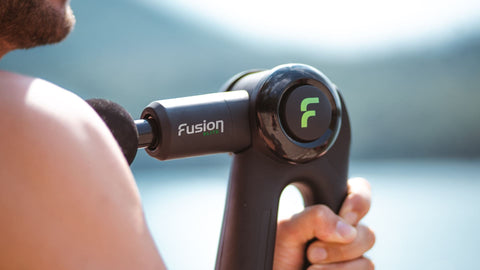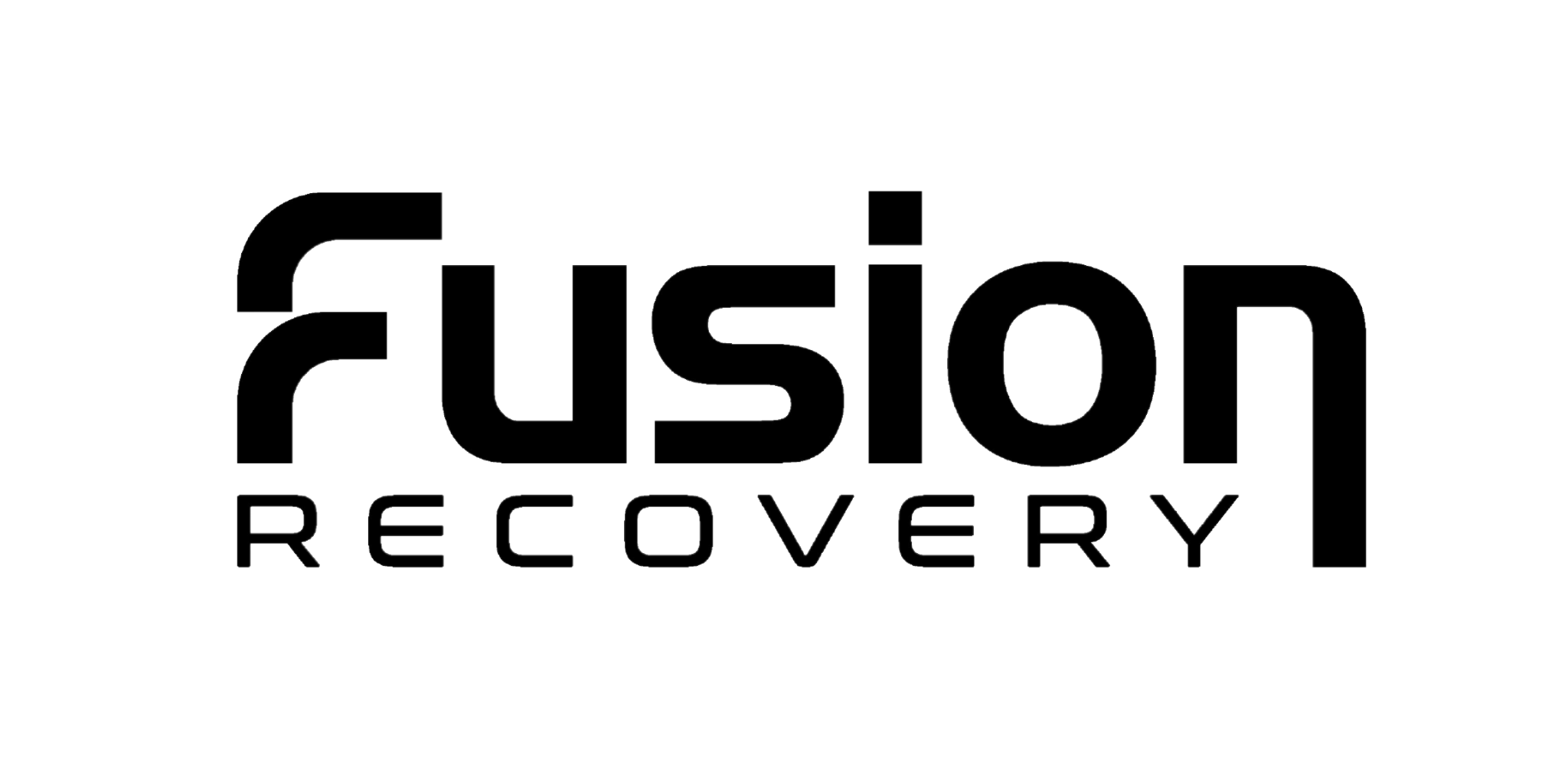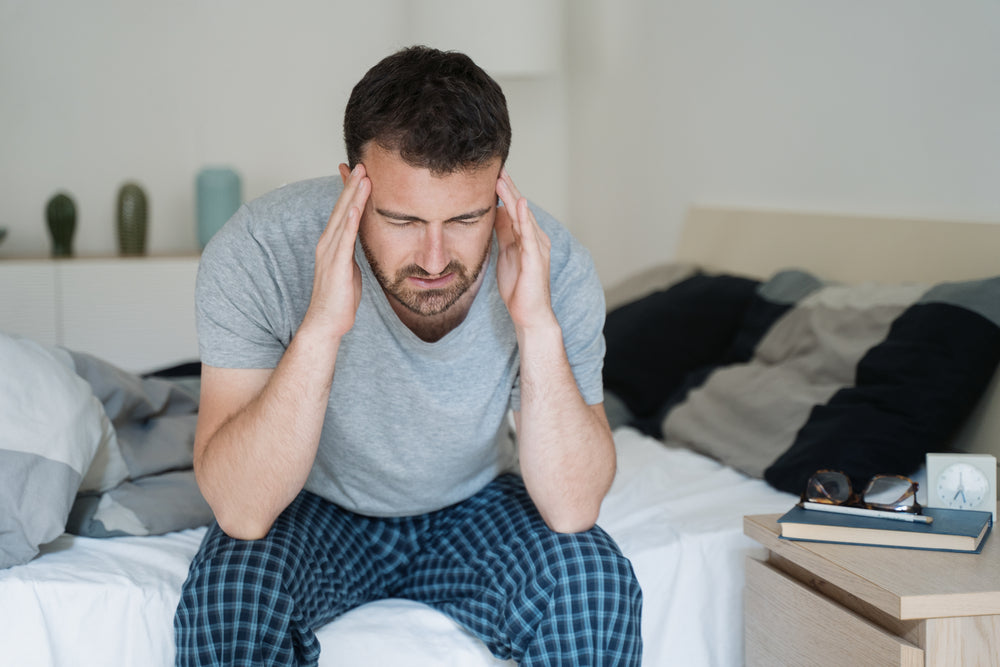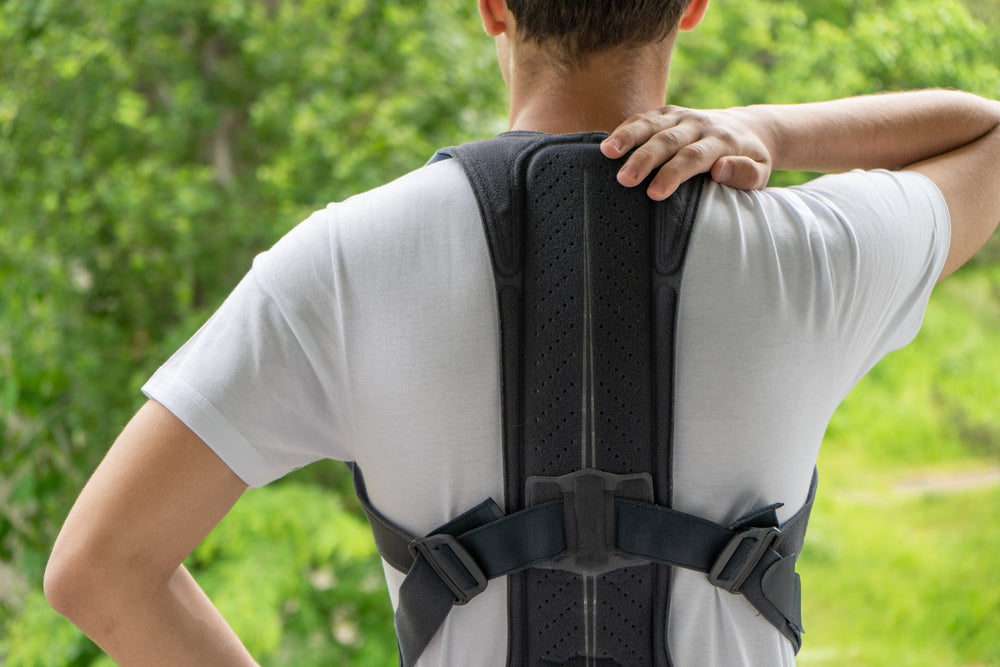Can a massage make you sick? And even if it does, are there any precautionary measures you can take to avoid such risks?
Questions about what health risks people face from massage therapy have become increasingly common in recent times.
The short answer is yes, massage can potentially make you sick. But generally speaking, this is only if certain rules aren't followed or if the massage therapist is not certified and experienced.
This incredibly popular form of alternative medicine is widely employed by fitness professionals and health practitioners to promote muscle tissue recovery and reduce chronic pain and stiffness.
It's also proven to provide a unique form of relaxation and stress relief for anyone struggling with mental health issues.
But despite its many benefits, there is still a lingering concern that massage may actually cause ill health in some people.
That's what we're going to be dissecting in this article: whether massage can make you sick, its causes, and what precautions you can take to ensure your health and safety.
Read on to learn more!
Exploring Whether Getting a Massage Can Make You Sick
Whether you are using a massage gun or visiting a licensed therapist, treating your entire body to massage therapy can make you sick for a number of reasons.
Possible causes can range from a massage therapist using poor techniques to excessive pressure with a massage tool or even dealing with an underlying medical condition.
While these causes can easily be avoided if you take the right precautions, it's not always easy to know what they are.
But before we dive into the details of how these factors can trigger ill health, let's take a close look at some common massage-related illnesses.
Common post-massage illnesses
When it comes to common massage-related illnesses, there are several that can be experienced. Some of the most common ones include:
Headaches
Headaches are one of the most common side effects of massage therapy.
Experiencing a headache after a massage is usually caused by overstimulation of the nervous system, excessive pressure by a therapist, or when using a massage tool. In some cases, it can be triggered by neck and shoulder tension, which may be caused by poor posture or incorrect techniques being used during your massage session.
In the case of using a massage tool, headaches can be caused by using too much pressure or by overworking the same area of your body.
Bruising
Getting a massage can also lead to bruising.
This can be amplified when the recipient has a fragile skin type or if the therapist applies too much pressure during the massage session. It can also occur when you use massage tools that are too hard or intense for your skin.
Take a massage gun, for example – if you don't use the right intensity or pressure setting, it can easily lead to bruising. With bruising, discolored patches or spots usually appear on the skin, accompanied by swelling and soreness.
Aching muscles
While treating your body to massage therapy can help relieve muscle soreness and tension, it can also lead to aching muscles.
Some people may experience soreness due to the pressure applied by the therapist, particularly if they’re not used to massage or are unaccustomed to deep tissue techniques. In some cases, aching muscles can also be caused by lactic acid buildup in the muscles due to overworking them.
This is especially true if you are using a massage tool, as the intensity of the pressure can be hard to control.
Nausea
Experiencing symptoms of nausea is also another common side effect of massage therapy, particularly if you are receiving a deep tissue massage.
Nausea involves a feeling of dizziness and lightheadedness due to a sudden rush of lymphatic fluids in your body.
Causes can range from dehydration to excessive pressure being applied to your body and even poor massage techniques. It may also be triggered by an underlying medical condition, such as an infection or digestive disorder.
This is especially true if you are receiving a massage for the first time, as your body may not be used to the technique.
Nerve pain
Last on our list of post-massage illnesses to watch out for is nerve pain.
This sharp, shooting sensation occurs when certain nerves in our body have been overstimulated.
It's a very rare occurrence but can be triggered if a massage therapist applies excessive pressure or uses incorrect techniques. Common nerve fibers that can be affected include the sciatic or femoral nerves, which typically run down your legs.
In some cases, the nerve pain can be long-lasting and may require medical attention if it persists.
These are just some of the common post-massage illnesses that you should be aware of. Whether you are experiencing a headache or nerve pain, it's important to take note of any unusual symptoms and find relief as soon as possible.
But before we dive into any treatments, let's take a close look at a number of reasons why massage therapy can cause these ailments in the first place.
Why Getting a Massage Makes You Sick
From dehydration to overstimulation, there are many different reasons why getting a body massage can make you sick. Some of the most common reasons include:
Dehydration
A common cause of post-massage illness, dehydration occurs when your body doesn’t have enough fluids.
During a massage, the human body will naturally sweat out more fluid than usual due to the increased blood circulation and body heat generated from the massage. Without excess hydration, your body won't be able to cleanse itself of toxins and other waste products, leading to a feeling of nausea and other post-massage ailments.
What's more, if massage oils or lotions are used, your body can become even more dehydrated as the skin absorbs some of the fluid.
Over stimulation
Overstimulation is another common reason why getting a massage can make you sick.
This can occur when a massage therapist applies too much pressure or if you use poor massage techniques, such as using a percussion massage gun with an incorrect intensity setting.
Overstimulation can lead to a wide range of post-massage illnesses, from soreness and aching muscles to nerve pain.
Underlying health conditions
Are you currently dealing with an underlying health condition?
If so, it's possible that getting a massage can make you sick.
This is especially true if you have an infection or digestive disorder, as an intense or light massage could easily trigger the symptoms of these post-massage conditions, like nausea. This means it's important to always be aware of any underlying conditions you may have before getting a massage.
Other common underlying medical conditions that can be triggered by massage include allergies, asthma, diabetes, high blood pressure, and heart disease. If you have any of these conditions, it's best to stay away from massage therapy.
Stress

Dealing with high stress levels can also be a major cause of post-massage illness.
This is because when we're stressed, our bodies release hormones that can affect the way our bodies respond to massage. Too much stress can lead to an increased heart rate, which can cause nausea and dizziness.
It can also interfere with your body's natural healing process, making it more difficult for you to reap the full benefits of massage therapy.
Poor massage technique
Using incorrect massage techniques can also lead to post-massage illnesses.
This is especially true if a massage therapist applies too much pressure, uses long strokes that go against the natural flow of your body's muscles, or rubs in circles instead of straight lines.
These poor techniques can cause your muscles to become overworked and can lead to soreness, cramping, and other post-massage conditions.
From dehydration to underlying medical conditions and more, there are many different reasons why getting a massage can make you sick. Finding ways to prevent and treat these post-massage illnesses is important, so be sure to take the necessary steps to stay healthy.
Next, we'll look at some ways to help alleviate any post-massage illnesses you may experience.
How to Make Yourself Feel Better if a Massage Makes You Sick
If you are feeling ill after a massage, it's important to take action right away. Here are some tips on what to do:
Eat healthy foods to boost your energy levels
Eating healthy foods is an important part of recovering if a massage makes you sick.
Eating nutrient-rich foods can help boost energy levels, reduce inflammation, and support your body's natural healing process. Foods to include in your diet are fresh fruits and vegetables, lean proteins, whole grains, legumes, nuts, and seeds.
Fresh fruits contain essential vitamins and minerals, while vegetables are rich in antioxidants that can help flush out toxins. Lean proteins provide your body with the energy it needs to rebuild your soft tissue.
Drink water to rehydrate your body
Just as it's important to eat healthy foods, it's also important to stay hydrated after a massage.
Dehydration can be a major factor in feeling sick after a massage, so make sure you drink lots of water throughout the day. Aim for at least 8 glasses of water per day and avoid sugary or caffeinated drinks.
Drinking enough water helps restore electrolytes and other nutrients in the body that help keep you hydrated. It can also help flush out toxins and reduce inflammation, which can help reduce post-massage illness symptoms.
Get enough rest and sleep
Another important step in finding relief from post-massage sickness is to ensure you get enough rest and sleep.
Stress, anxiety, and fatigue can all be major contributing factors to post-massage illness, so it's important to get plenty of rest and relaxation. Aim for at least 8 hours of sleep per night, and make sure you avoid strenuous activities or stressful situations.
With just enough rest and relaxation, your body should be able to recover quickly, and you should start feeling better in no time.
Apply cold compresses to areas that feel sore or bruised
As mentioned before, excessive soreness and bruising can be common after a massage.
To help reduce inflammation and discomfort, try applying cold compresses to areas where you feel sore. Using a cold compress can simply be done by wrapping a cold, damp cloth around the area and leaving it in place for at least 10 minutes.
Ice packs can also be used if you have them. However, make sure you don't apply the cold compress directly to your skin, as this could cause further irritation or damage.
Take medications
If your post-massage sickness is severe, you may need to take medications to help relieve symptoms.
This could include taking an anti-inflammatory medication, such as ibuprofen or acetaminophen, to reduce inflammation and discomfort. It could also involve taking a muscle relaxant or a prescription medication to reduce nausea and dizziness.
It's important to note that any medications should only be taken as prescribed on the label.
Now that you know what steps to take if a massage makes you sick, keep these tips in mind, and you should be able to find relief from post-massage illnesses soon.
But what if we told you there was another way to prevent post-massage sickness in the first place?
Yes, a fitness world where getting an intense or light massage doesn’t have to make you sick afterward A world where your body has the opportunity to find balance, improve performance, and prevent injury through proper massage therapy and bodywork.
That's what we'll discuss next - simple ways to eliminate post-massage sickness before it even starts.
How to Reduce Chances of Massage Sickness
While finding ways to relieve post-massage sickness is important, it's also beneficial to try and reduce your chances of getting sick from a massage in the first place.
Follow these tips to ensure a safe and relaxing massage experience:
Choose a licensed massage therapist
Working with a licensed massage therapist is one of the best ways to ensure a safe, enjoyable experience.
A licensed massage therapist is knowledgeable and experienced in safely performing massages, which can help reduce the risk of injury or illness. Find one that is experienced and knowledgeable about the type of massage you're looking for.
This way, you can rest assured that your massage therapist is taking the necessary precautions to prevent any post-massage issues.
Get an effective massage tool

If you're looking to give yourself a massage, it's important to use the proper tools. Investing in an effective massage tool can help ensure you don't overwork any areas and that your muscle tissue is being properly stimulated.
Tools proven effective for giving massages at home include foam rollers, massage balls, and even massage guns. With fitness brands like Fusion Recovery offering percussion massage guns specifically designed to relieve muscle tension, soreness, and tightness, you can be sure you're getting the right tool for the job.
Hydrate before and after your massage session
While staying hydrated can be a way to find relief from post-massage illness, it can also help reduce your chances of becoming ill in the first place.
Make sure you drink plenty of water before your massage. You can even increase your water intake the day before and the day of your massage. This will help make sure your body is properly hydrated and can handle any stress it may experience during the massage session.
Similarly, drinking water after a massage can also help flush out any toxins that may have been released or generated during the session as we've mentioned earlier.
Choose the right massage oil
Choosing the right massage oil is key to an effective and safe massage session.
We all know how important it is to use the right massage oil, and this is especially important if you're giving yourself a massage.
When selecting a massage oil, make sure it's hypoallergenic and free of any fragrances or dyes that could cause irritation. Not only will this help ensure you don't experience post-massage illness due to an allergic reaction, but it can also help increase the effectiveness of the massage.
Avoid massages if you're feeling ill
Are you feeling under the weather?
While massage therapy can be an excellent way to treat muscle tension and soreness, it's important to be mindful of your body's wellbeing.
If you're feeling ill or have a weakened immune system, it may be best to avoid getting a massage until you're feeling better. People with illnesses like colds, flu, or even injuries should wait to get a massage until they are feeling healthier.
This way, you can ensure that your body is able to handle the physical stress of a massage session and help reduce the chances of post-massage illness.
Communicate with your massage therapist if you're feeling uncomfortable
It's important to inform your massage therapist if you're feeling uncomfortable or in pain during a massage.
This will help ensure that any movements being made are safe and effective. Your massage therapist should be able to adjust their technique or provide alternate methods of relief, such as using hot or cold compresses, to help reduce discomfort.
It's also important to be honest with your massage therapist about any prior medical conditions, such as preexisting muscle or joint pain. This will help them provide the safest and most effective form of massage therapy.
By following these tips, you can ensure a safe and relaxing experience with minimal chances of feeling sick afterwards.
Frequently Asked Questions
If you still have questions about whether treating your body to a massage can make you sick, Fusion is here to help.
Find answers to some of the most commonly asked questions we get on this topic.
Are there any specific types of massages that can make me sick?
Sure, there are some massage techniques that may be more likely to make you sick than others.
Deep-tissue massage therapy is known to be quite intense, which means it can cause discomfort if not properly done. Similarly, massages involving lots of stretching or pressure on a specific area can also cause muscle soreness and fatigue.
This can include acupuncture, lymphatic drainage massage, and even Swedish massage. Be sure to inform your massage therapist of any medical conditions you may have so they can adjust their technique accordingly.
Is it possible to get a massage without getting sick?
Yes, it is possible to get a massage without getting sick.
The key is to make sure that you are taking the right steps before and after your massage treatment. You can start by adhering to the precautionary measures outlined in this article and making sure to communicate any discomfort or pain to your massage therapist.
This way, you can ensure that your massage session is a safe and pleasant experience.
Conclusion
Hope this article has provided you with much insight on whether a massage can make you sick.
While massage therapy can be an effective way to relax and help reduce muscle and joint pain, it can also lead to post-massage illness if the right precautions aren't taken.
Common post-massage illnesses that can be experienced include headaches, nausea, tired muscles, and nerve pain.
These illnesses occur due to a number of reasons that include dehydration, overstimulation, improper massage techniques, and underlying medical conditions. Ways you can find relief from post-massage illnesses include staying hydrated, eating healthy, taking time to rest, using a cold compress, or taking over-the-counter medications.
While these tips can help you feel better, there are also preventative measures you can take to ensure that your massage session is safe and beneficial. These include working with a certified massage therapist, informing them of any underlying medical conditions, and using an effective massage tool with proper technique.
If you're feeling ill or have a weakened immune system, it may be best to avoid massage therapy altogether until you're feeling better.
By following these tips, you can reduce your chance of post-massage illness and enjoy the full benefits of a massage therapy session. If you have any further questions or concerns on this topic, feel free to reach out to us, and our team of experts will be happy to assist you.




